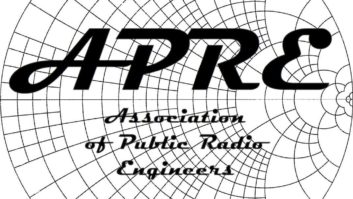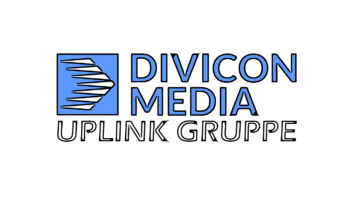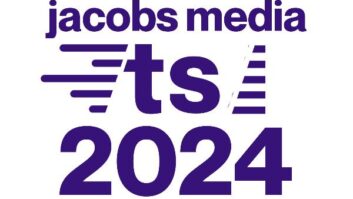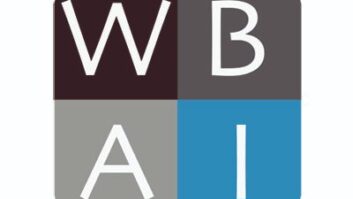The Department of Justice is requiring Univision Communications Inc. to sell what it says is a “significant portion” of its partial ownership interest in Entravision Communications Corp. and agree to other restrictions in order to proceed with its $3 billion acquisition of Hispanic Broadcasting Corporation. The DOJ said that, without these conditions, Univision’s acquisition of HBC would lessen competition in the sale of advertising time on many Spanish-language radio stations because HBC is Entravision’s principal competitor in Spanish-language radio in many geographic areas.
The DOJ’s Antitrust Division filed a lawsuit in U.S. District Court in Washington, to block the proposed transaction. At the same time, the DOJ filed a proposed consent decree that, if approved by the court, would resolve the lawsuit and the department’s competitive concerns.
Among other conditions, the decree requires Univision to divest a significant portion of its equity stake in Entravision, to relinquish its right to two seats on Entravision’s board of directors, and to give up the right to vote its shares or veto certain Entravision business decisions.
“The changes required by the consent decree will enable advertisers that rely on Spanish-language radio to reach their targeted audience and to continue to benefit from competitive prices,” said R. Hewitt Pate, Acting Assistant Attorney General in charge of the DOJ’s Antitrust Division.
Univision now owns approximately 30% of Entravision’s stock and has significant governance rights, including the right to place two members on Entravision’s board and the right to veto certain Entravision business decisions. The decree requires Univision to divest its Entravision equity so that it holds no more than 15% of Entravision shares within three years and no more than 10% within six years. Univision must also exchange its Entravision stock for a nonvoting equity interest with limited rights. The decree also prevents Univision from participating in Entravision governance, or trying to improperly influence the conduct of Entravision’s radio business.
HBC and Entravision are each other’s closest competitor in many geographic areas where there are only a few Spanish-language radio broadcasters, according to the complaint. If the combined company were to retain a large equity stake and governance rights in Entravision, Univision’s acquisition of HBC would substantially reduce competition between Univision/HBC and Entravision and result in increased prices and reduced levels of service in the sale of advertising time on Spanish-language radio.
Univision, headquartered in Los Angeles and incorporated in Delaware, is the largest broadcaster of Spanish-language television programming in the United States. It consists of two broadcast networks, Univision and Telefutura, and one cable channel, Galavision. It also has several other Spanish-language media operations, including Internet sites and services, music recording, distribution, and publishing.
HBC, headquartered in Dallas and incorporated in Delaware, owns and operates more than 60 radio stations. In 2001, the company reported radio net revenues of approximately $240 million.
Entravision, headquartered in Santa Monica, Calif., and incorporated in Delaware, owns and operates approximately 55 radio stations. Entravision also owns or operates 49 television stations as a major affiliate for Univision’s two broadcast networks. In 2001, Entravision’s radio revenues were over $65 million and total revenues were about $209 million. Entravision is not a party to the Univision/HBC transaction and is not a party to the Department’s lawsuit.
DOJ Puts Conditions on Univision, HBC Merger; Files Lawsuit to Block Current Deal
DOJ Puts Conditions on Univision, HBC Merger; Files Lawsuit to Block Current Deal












